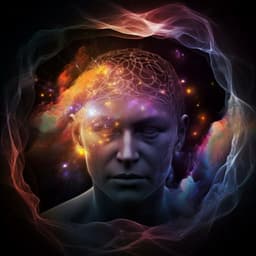
Medicine and Health
The aging human brain exhibits reduced cerebrospinal fluid flow during sleep due to both neural and vascular factors
S. M. Bailes, S. D. Williams, et al.
Aging reduces sleep-dependent cerebrospinal fluid (CSF) flow—linked to impaired frontal EEG delta power, diminished global hemodynamic oscillations, and gray matter atrophy—identifying neural and cerebrovascular mechanisms that may be targets for intervention. This research was conducted by Authors present in <Authors> tag.
Related Publications
Explore these studies to deepen your understanding of the subject.







